
recession

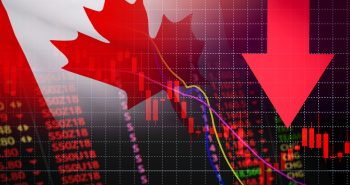
Oxford warns of Canadian recession, says immigration slowdown and tariffs to blame
Oxford Economics now sees a Canadian recession as all but certain, citing a mix of global trade shocks, waning business investment and a slowdown in immigration.
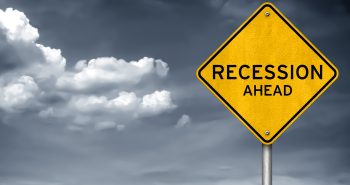
Canada now expected to face deeper recession, Oxford warns
Weaker global demand, trade war uncertainty and job losses expected to drag economy into contraction through 2026.

Canada in a ‘per-capita’ recession, but recovery near: CIBC’s Tal
The bad news is Canada is in a recession and facing a period of unprecedented uncertainty. The good news is that the pain will be short lived, and the country is positioned to emerge in a strong position.

Canadian fixed mortgage rates are dropping as U.S. tariffs shake markets
Canada’s 5-year bond yield has fallen to its lowest level since June 2022, following fresh concerns over economic uncertainty and global trade tensions.
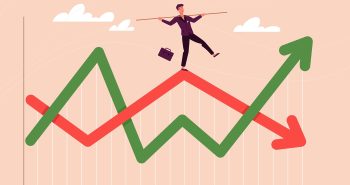
Is Canada in recession? Economists weigh in on the economic slowdown
Despite rising unemployment and a slowdown in per-capita GDP growth, most economists are not forecasting a major downturn for the Canadian economy

2024 recession now expected to be “shallower and shorter,” says Oxford Economics
While Canada’s economy is still expected to enter a technical recession this year, Oxford Economics now believes the downturn will be less severe than initially thought.
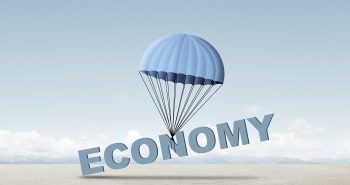
What history can tell us about soft landings and the pace of rate cuts that usually follow
Contrary to skepticism, the Bank of Canada actually has a proven track record of successfully managing soft landings more often than not.

Market participants still expect the first Bank of Canada rate cut in April
Despite push-back from the Bank of Canada against aggressive rate-cut predictions, a majority of influential economists and analysts still expect rates to start falling by April.
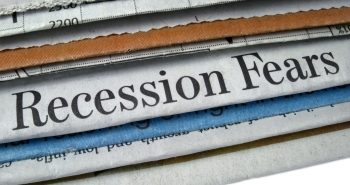
Brace for recession (if we’re not already in one), economists say
Canada’s economy is headed for an imminent recession in 2024—that is, if we aren’t already in one, economists say.

